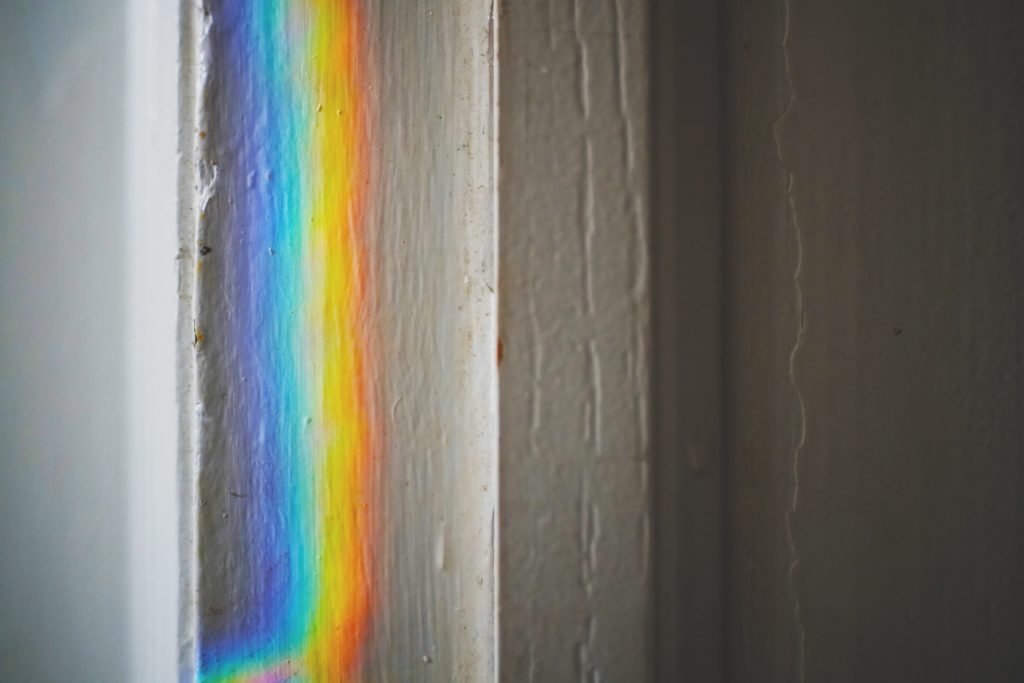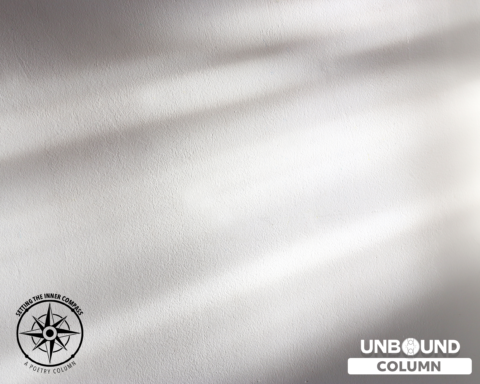From its creation in 1968, The United Methodist Church has struggled to hold traditional interpretations of biblical sexuality with a theology of an inclusive and grace-filled God. In the Book of Discipline, the guiding organizational document for the UMC, we state that sexuality is “God’s good gift to all persons” and that “we implore families and churches not to reject or condemn lesbian and gay members and friends,” but also that homosexuality is “incompatible with Christian teaching.” This double-speak is unsustainable, and this past February the Council of Bishops called a special session of the global denomination specifically to discuss our theological claims and actions around sexuality. It was, arguably, a disaster.
Both progressive and conservative delegates from around the world spoke out of frustration and anger. Theological battle lines were drawn, often along geographical divides as the global South largely allied with the Wesleyan Covenant Association, a conservative faction within the UMC based in the southern United States. Progressive factions led disruptive and often alienating protests during the four-day conference in St. Louis. The centrists were overwhelmingly drowned out as vote after vote passed with conservative majorities.
Schism is now a very real possibility looming over the next global conference scheduled for the beginning of May 2020. The conference threw a sharp light on a long list of theological disparities within the UMC that prove we are no longer united–if we ever were at all. Many local churches and smaller geographical units (called Annual and Central Conferences) have resoundingly rejected the votes of the Special Session and further investigation has proven vote tampering among the delegates. Deeply held beliefs from every part of the spectrum between full inclusion and full exclusion have created a great deal of harm as we fight among ourselves. These poems come from my experience at General Conference this past year, where I watched the Church be not the Body of Christ but the crowd choosing Barabbas. All of us–progressive, conservative, and centrist alike–made that conference little more than confirmation to a world that looks at our faith and calls it foolishness.

Prayers
Maranatha—come, Holy Spirit, we sing,
arms flung to the sunless rafters,
voices swallowed by the cavernous maw
in which we dare call ourselves the Body of Christ.
Maranatha—come, Holy Spirit, we sing,
arms slinging the paperwork we pile to Heaven
as though Babel could be re-legislated if God
would only hear our point of order, paragraph number.
Maranatha—come, Holy Spirit, we sing,
arms crossed over closed hearts that shout
the Spirit may come but not Her children;
fire that doesn’t burn too hot, water that is dry.
Maranatha—come, Holy Spirit, we sing,
arms holding our fear that God will listen,
breaking through our ideas of what we know
Jesus meant when He said, “I love you.”
Maranatha—come, Holy Spirit, we whisper,
arms forced open by the weight of this millstone
we have given each other, one certainty at a time,
necks broken on the gallows we made for someone else.
Maranatha—come, Holy Spirit, we choke,
arms numb from the poison in our mouths
from the cup of blood we no longer believe will save
this Church that calls for a Spirit we do not know.
Incompatibility
It is not about whether I am incompatible
with the teachings of this crafted faith that hopes
to name the unnamable, to see the Wind itself,
to call to the One Who created the bodies we wear.
It is about whether I am incompatible with
you, the holy human brandishing a thrice-turned
textual god whose salvation comes by prepositions
and whose grace never comes at all.
It is about whether I am incompatible with
the concept of divine love that dances in the waves
of a handsome woman’s hipbones, a beautiful man’s hair,
a laugh that comes out of a moment unmarried to sex.
It is about whether I am incompatible with
electricity, male plug to female outlet, genderless sparks
flying from this centuries-old abomination that brought light
to a world of candles, stars, crackling bonfires, lovers’ pens.
It is about whether you are incompatible with
me, whose name you will not say, whose self you claim
is incompatible with the teaching but not the God
Who taught us that love means dying before resurrection.
Unthreatening
To the sidewalk preachers, Bible thumpers,
purity police, and defenders of God’s goodness:
You tell me I cannot stand before God as
a sexual deviant, an abomination, a sinner.
Amateurs.
You bring the threat of hellfire and damnation
as though I have not already burned myself alive,
each day a new way to peel the shame out of me,
cutting the flesh that never stops healing,
a Sisyphean ecstasy of the Hell I accepted
that damns more thoroughly than your poster-board.
You bring the threat of Scriptures calling my “kind” evil
as though I have not memorized them in several languages,
carving the words into the body I cannot redirect,
branding them on the heart that still insists on loving.
You bring no threat, you whitewashed tombs, no damnation
because you cannot frighten me or hurt me more than
I have already hurt and frightened myself. Amateurs,
sons and daughters of the selfsame Adam who took
the fruit from the beautiful woman from the beautiful snake
because we have all fallen short of the glory of God
and you cannot kill me any faster than my own slow suicide
that started long before you and your two-bit crusade.
If you had any idea of what Hellfire really felt like,
sister sinner, brother broken, you would not threaten me
but bandage the wounds I inflicted with the hands of the thieves
who came before you, taking even my clothes; you would care
as though you were my neighbor, sorrowing over a traveler’s pain,
both of us in desperate need of the coolness of the baptismal waters.

J. D. Waggy is a hospital chaplain in Michigan working toward ordination in The United Methodist Church. The call to ministry came amidst a master’s program in medieval studies, proving that God can indeed go anywhere. In her chaplaincy and her plans to become a local pastor, J. D. finds herself fighting with and for the Church as it struggles to understand how to be both welcoming and faithful.






Unbound Social